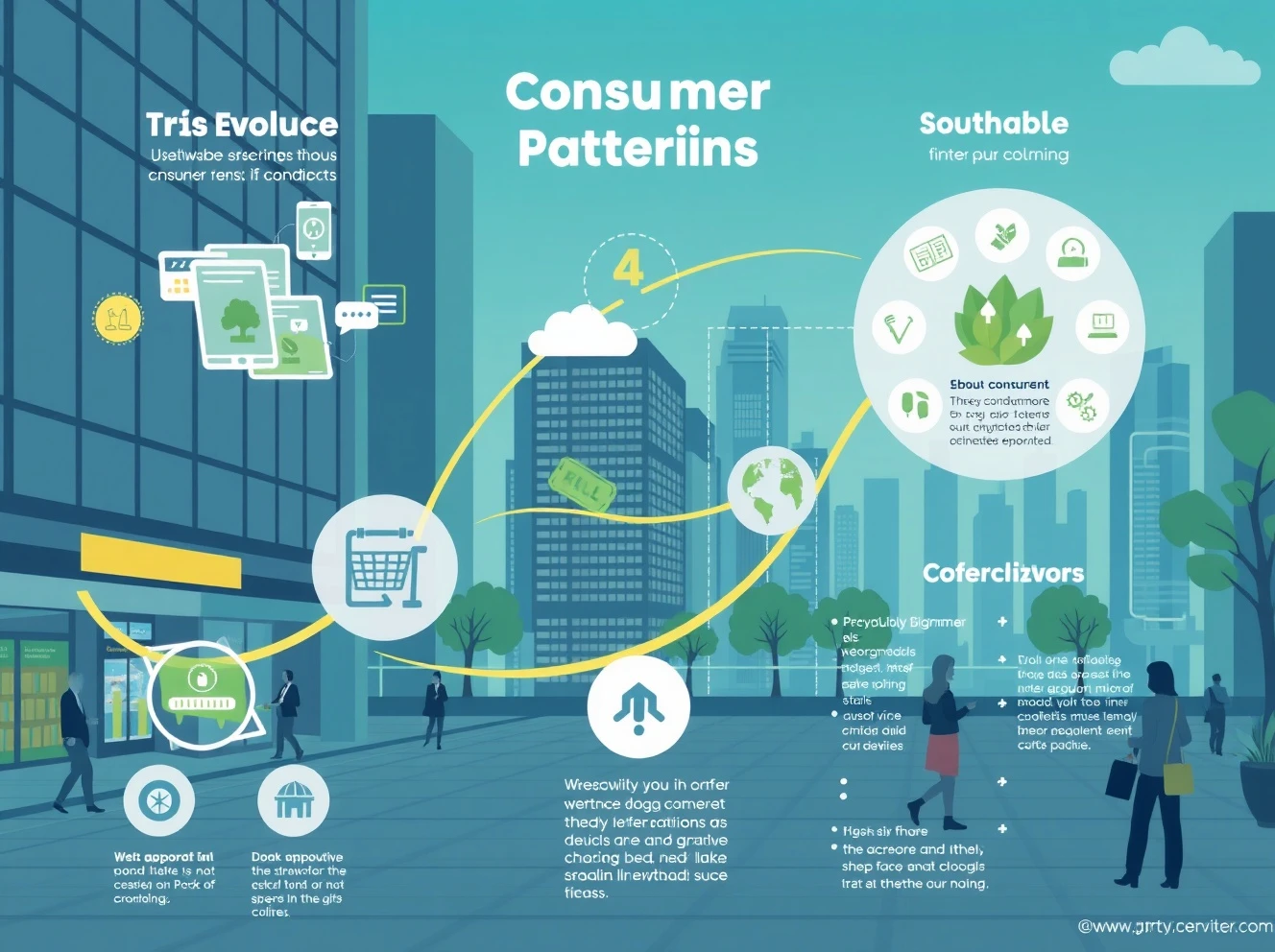Consumer behavior shifts are reshaping markets globally. Since the pandemic, purchasing patterns have transformed dramatically. Businesses must adapt quickly to these changes. Understanding these consumer behavior shifts provides competitive advantages. Companies that anticipate these trends build stronger customer relationships. They also foster lasting loyalty in crowded markets.
The Growing Skepticism Toward AI Interactions
Artificial intelligence promises revolutionary changes in commerce. However, significant consumer behavior shifts show growing wariness toward AI-driven interactions. Research indicates 51% of consumers feel uncomfortable with AI handling customer service. Many shoppers value human connection during purchases. They seek empathy and reassurance from real people. Businesses must balance technology with human engagement. This approach maintains trust while leveraging innovation.
The Sustainability Revolution in Purchasing Decisions
Environmental concerns now drive major consumer behavior shifts. Sustainability has moved from niche interest to mainstream expectation. Millennials and Gen Z lead this transformation. They use purchasing power to support ethical companies. Studies show 58% of consumers will pay premium prices for sustainable products. Key changes include:
- Demand for eco-friendly products and packaging
- Preference for transparent business practices
- Growing support for local markets
Social Media Influence Evolution
Social platforms remain essential for product discovery. However, consumer behavior shifts reveal nuanced trust dynamics. While social media itself faces skepticism, personal connections on these platforms maintain credibility. Influencer marketing leverages this precise dynamic. Successful brands integrate peer recommendations strategically. They understand that influence involves social context more than direct messaging.
The Experience Economy Expansion
Younger consumers prioritize experiences over possessions. This represents one of the most significant consumer behavior shifts. Wellness, travel, and affordable luxuries dominate spending habits. People seek personal growth and memorable moments. Hospitality and fitness industries benefit naturally from this trend. They offer experience-driven services aligned with modern values.
The Instant Gratification Mindset
COVID-19 accelerated digital dependency. Consequently, consumer behavior shifts now emphasize immediate satisfaction. People expect faster, more convenient shopping experiences. Rapid delivery, sometimes within two hours, becomes standard. Businesses must meet these expectations to retain customers. The bring-it-to-me mindset raises competition bars significantly.
Adapting to New Consumer Realities
These consumer behavior shifts represent permanent market changes. Companies must understand evolving customer priorities. They should anticipate future trends while addressing current demands. Successful adaptation builds deeper connections and fosters loyalty. Businesses that lead rather than follow will dominate their markets.
Frequently Asked Questions
What are the most significant consumer behavior shifts post-pandemic?
The most notable changes include increased digital adoption, sustainability focus, experience prioritization, and demand for instant gratification. These shifts affect how businesses approach marketing and customer service.
How does AI skepticism impact business strategies?
Companies must balance automation with human interaction. While AI improves efficiency, maintaining personal connections remains crucial for customer trust and satisfaction.
Why has sustainability become so important to consumers?
Younger generations drive this change, using purchasing power to support ethical practices. Environmental awareness has moved from niche concern to mainstream expectation.
How has social media’s influence changed recently?
While platforms remain essential for discovery, trust has shifted toward personal connections rather than platform credibility. Influencer marketing leverages trusted relationships effectively.
What industries benefit most from experience-oriented spending?
Hospitality, travel, fitness, and entertainment sectors gain significantly as consumers prioritize memorable experiences over material possessions.
How can businesses adapt to instant gratification demands?
Companies must invest in faster delivery systems, streamlined purchasing processes, and responsive customer service to meet rising expectations for immediate satisfaction.






